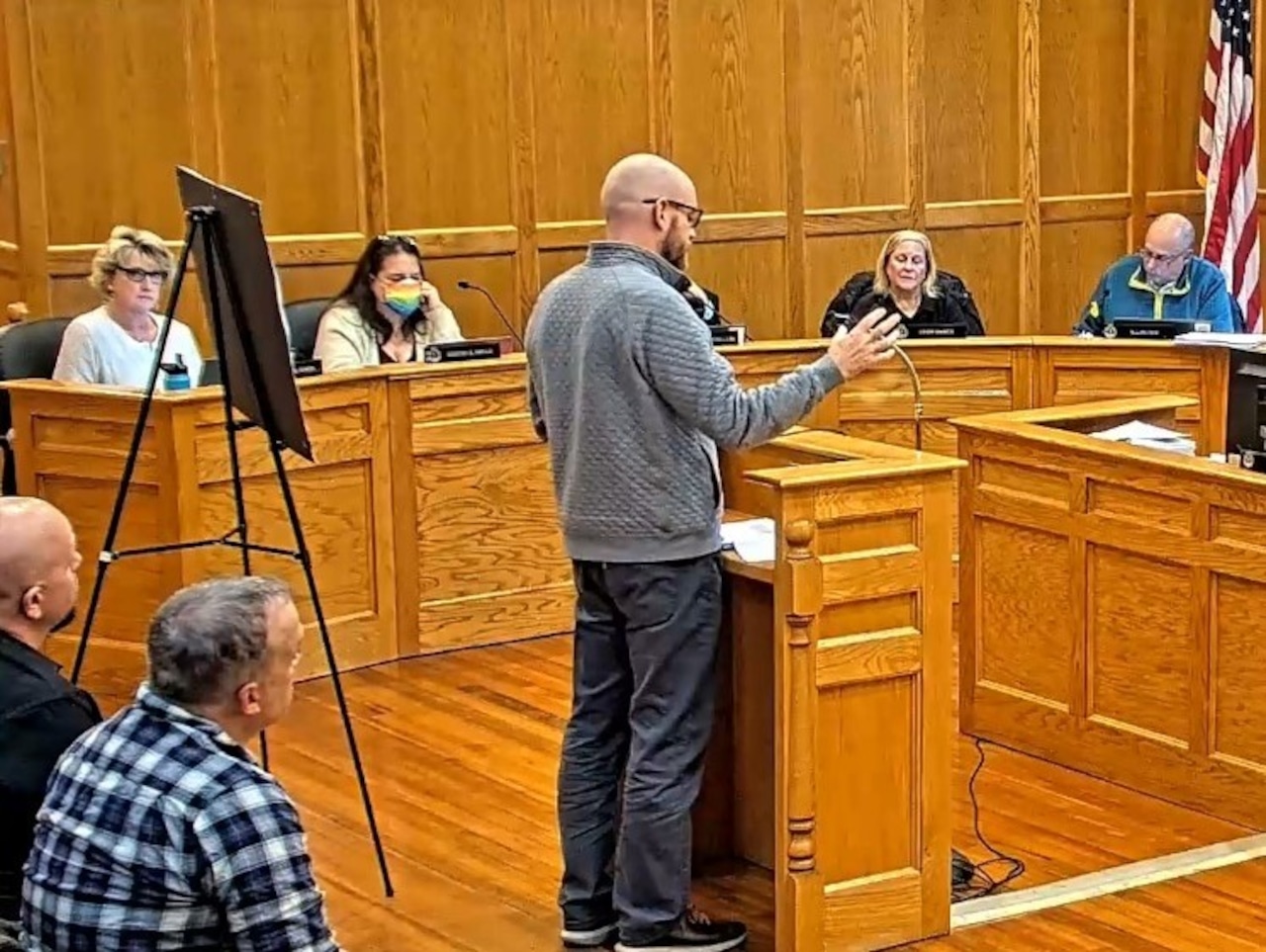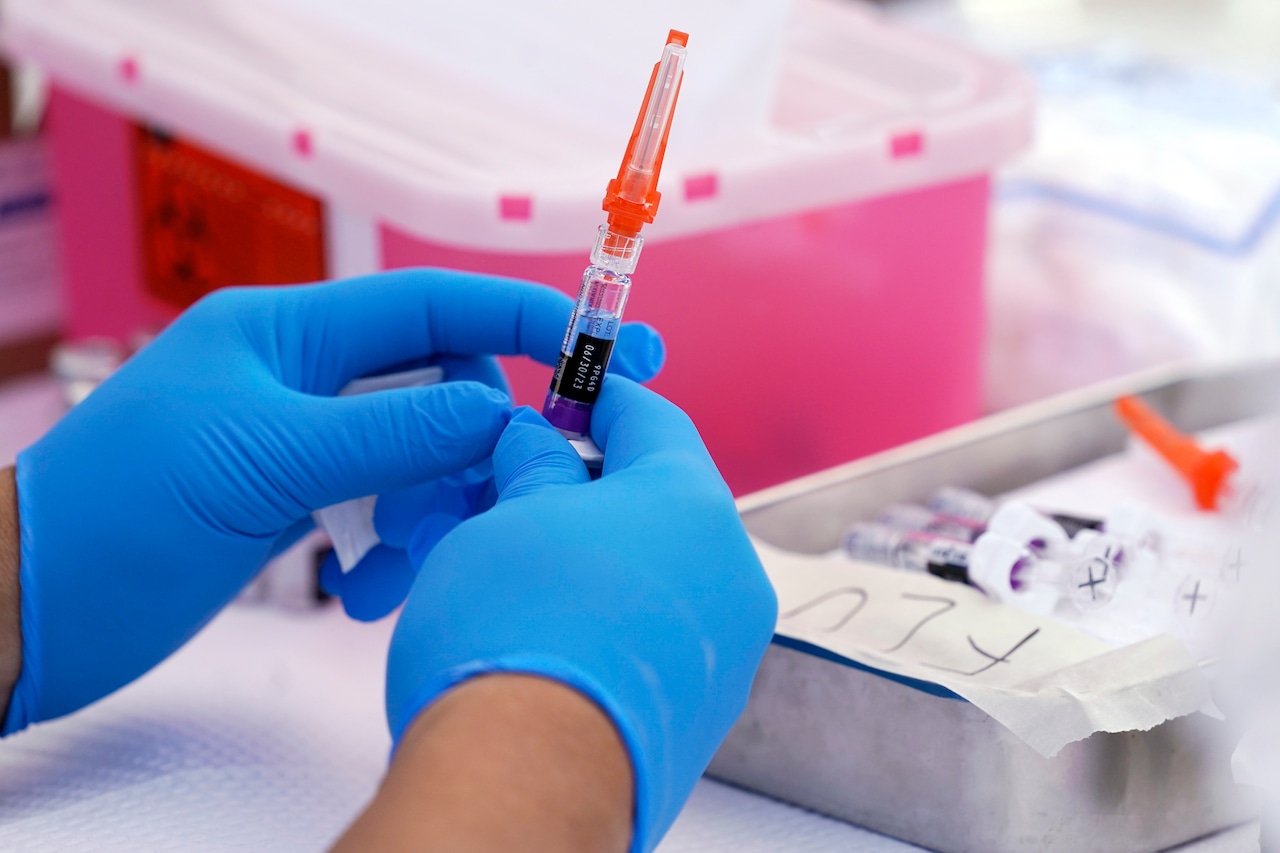
Dear Annie: I joined a dating site and receive so many responses that it overwhelms me. The problem is that I’m an older woman who looks completely different from the picture I sent. Let me explain: I put on my makeup and hairpiece (I have thinning hair due to a thyroid gland).
When all this is done, I look like a totally different person. It takes all of 30 minutes for the transformation to occur. Do I tell the gentleman that I wear a hairpiece or let him find out on his own? I’m so afraid of being rejected.
— Hairless in LA
Dear Hairless: Nothing is more attractive than confidence. So when you are dating, do whatever is going to make you feel the most confident. From that starting place, you can decide who you like rather than being worried about what they like. In the end, if it is true love, your boyfriend will love you with or without the hairpiece. But in the beginning, you are trying to put your best foot forward. In time, you can reveal your vulnerabilities just as he will reveal his. No one is perfect. Best of luck to you on your dating journey.
Dear Annie: I would like to applaud you for your response to “Struggling to Support.” Of course, you were correct to advise her not to endanger her own sobriety at the expense of trying to help her friend. The analogy I use is that you cannot save someone from drowning if it means drowning yourself.
Having been clean from addiction since 1987, I’ve learned a few simple strategies to help those who are challenged to find a way out of addiction. The first is to meet them at a neutral site, such as a coffee shop or diner, and be prepared to pay for their order. Get ready beforehand through meditation and affirmations that calm you and remove anxiety and expectation from your thoughts.
Don’t try to steer the conversation. Addicts are generally very astute and intelligent. Simply listen, and should they begin to reminisce, remind them that you both were different then and that life is about learning what works and doesn’t work. Do not mention drugs at any point, as this might trigger guilt on their part. Plant a seed of hope; be a light.
Should you feel at any point that you are beginning to lose your resolve, have an excuse to leave (a follow-up appointment with a doctor, kids getting out of school, having an event you should attend, etc.), but leave it open-ended in case they want to continue the meeting. This is also an indication that they miss the connection you had and want that again.
Suggest you two get together again and set a time for that in the near future. Two weeks is a good place to start. A month can be a long time for an addict, and a week might be too soon. Help them help you to find what’s comfortable. What will surprise you is that once you establish a safe place for them to be themselves, the conversation will flow, and at some point, they will ask you how to change.
— Been the Johnny Appleseed
Dear Johnny Appleseed: Such good advice! Thank you for your letter. It gives great tips on how to help others who want to help loved ones get sober. It serves as a wonderful roadmap for how to help someone in the beginnings of sobriety. You sound like a wonderful sponsor, and congratulations on all those years of sobriety!
“How Can I Forgive My Cheating Partner?” is out now! Annie Lane’s second anthology — featuring favorite columns on marriage, infidelity, communication and reconciliation — is available as a paperback and e-book. Visit http://www.creatorspublishing.com for more information. Send your questions for Annie Lane to dearannie@creators.com.
COPYRIGHT 2024 CREATORS.COM






